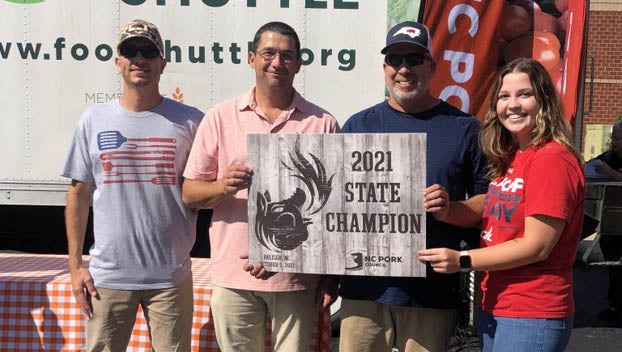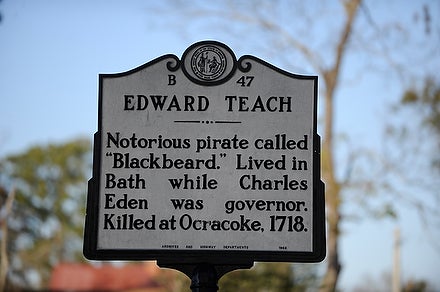To mask or not to mask? — that is the question
Published 9:00 am Sunday, July 19, 2020
|
Getting your Trinity Audio player ready...
|
At my age (72), the memory begins to wane a bit. For example, I sometimes forget to put a face mask on before entering a grocery store or pharmacy, which necessitates a return to the car to retrieve it and a self-lecture on the advantages of taking memory aids.
It’s at times like these that I wish I didn’t have to fool with the darn thing. It would be so much easier to put the cover in storage and forget about it. Go about living my life as if there were no pandemic that might kill me or someone with whom I come in contact. I could infect. But then I remember that that would be a denial of reality, wouldn’t it? Good to know my memory is still reliable in some areas.
All this is well and good, but Americans have learned through the centuries to guard their individual freedoms with the voracity of a lioness protecting her cubs. Even if that means ignoring reality. Which has led directly to the recent controversy regarding the wearing of face masks.
Some of us rightly argue that no governor, even one’s own, has the power to force one to wear face covering. What gives the government the right to demand that I wear a mask? What about my rights as an individual to life, liberty, the pursuit of happiness and freedom from government restraints on one’s personal liberty?
But then I recall (in a rare moment of lucidity) that I am a citizen of a nation ravaged by a pandemic. And I wonder: doesn’t that status create an obligation to help protect my fellow countrymen from becoming infected with a lethal virus? In what situations do my obligations to neighbors and fellow countrymen trump my rights to do as I please?
Does my personal freedom to refuse to be bound by restraints enforced by the government override my obligation to work with fellow Americans to protect one another from contracting a lethal disease?
In one venue of the controversy, North Carolina courts have decided that those who wish to gather without face masks in places of worship may legitimately do so. The governor, so say the courts, may not force anyone to discontinue religious services or wear masks while in the sanctuary.
But appeals to individual freedom from “un-American” mandates only addresses one side of the issue. What are we to make of the right of others to be free from contracting the disease? Do those who want to protect themselves from being infected have the right to expect that their fellow countrymen will assist in prevention of the virus’ spread? If we are “all in this together,” are there not also obligations to one another to prevent oneself and one’s loved ones from getting sick?
Moving from secular courts and governorships to religious institutions necessitates the addition of yet another layer of discernment, for many of those asserting individual freedoms to refrain from covering their faces identify as Christian, which, if nothing else, means that they are obligated to follow the teachings of the One they worship.
No doubt state and national courts have the power to enforce secular freedoms and obligations as they relate to personal relationships. But are not persons professing a faith by which they claim to live also mandated to include what their faith says about their obligations to other human beings?
No Christian worth his prayer beads may deny that he is mandated by his faith to consider the example set by the Man from Nazareth, rather than turning solely to what a nation’s secular institutions decide.
If we examine Jesus’ life closely, we can discern that all that he did and taught culminated in his death. The central act of the Nazarene worshipped by Christians is the sacrifice of his right to continue to live by dying on an instrument of Roman torture and deterrence. From that example, Christians through the ages have concluded that the way to follow him with authenticity is to do the same.
Those who self-identify as Christians, therefore, must consult a power greater than secular courts of law, however “supreme,” when deciding whether to follow state mandates like wearing facial coverings. Christians are mandated by the example of the One they worship to sacrifice personal rights to disobey government mandates when those rights endanger the rights of others to simply live.
Decisions to embrace “freedom” as the absence of any kind of obligation or responsibility to anything greater than one’s narrow, immediate self-interest is not of God. That kind of freedom, it seems to me, is the opposite of what the Nazarene’s life was about.
As followers of the Lord who sacrificed his life that all of humanity might “have life and have it abundantly,” are not Christians called to sacrifice the secular right to ignore laws with which they disagree in order to help secure the right of others (many of them fellow Christians) to simply live?
Polk Culpepper is a retired Episcopal priest, a former lawyer and a resident of Washington.





